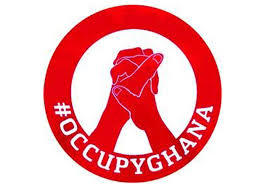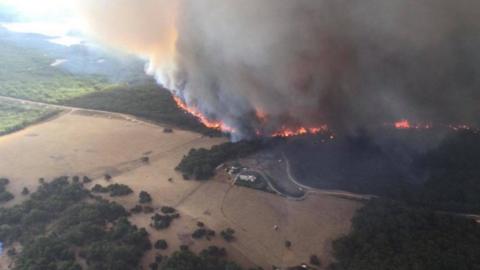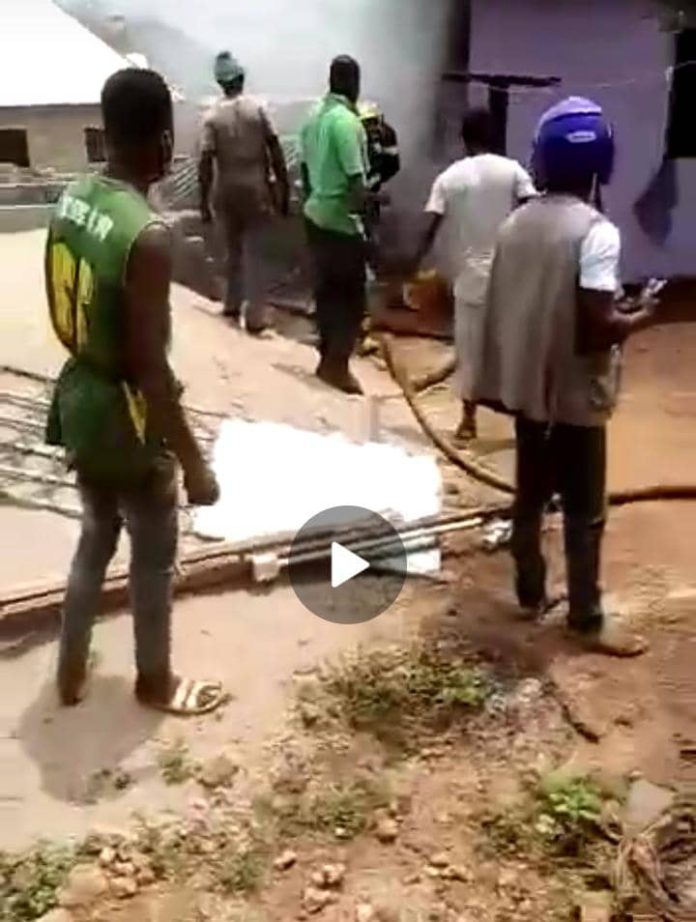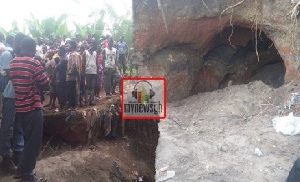OccupyGhana calls for stronger emergency systems

OccupyGhana has called for stronger healthcare systems in the latest leg of its back and forth with the Ministry of Special Development Initiatives on the parked ambulances.
After the Ministry responded to queries on the delay in distributing ambulances parked in front of the State House, the pressure group said that the ambulances will need to function as part of an effective system.
In a letter to the Ministry, OccupyGhana stressed the importance of overall emergency care.
“Even though ambulances form a very important component of an emergency response service, there are other parts that are necessary for the system to run seamlessly and be effective in saving lives. Without an effective system in place, the ambulances by themselves will not have their desired effect.”
“Clearly, Ghana needs an emergency response system direly. However, nothing exposes the deficiencies of a healthcare system like emergency care. Maybe as we try to build this new service, it will force us to tackle the larger issues that plague general healthcare service and the policies that drive it.”
In line with this, OccupyGhana noted that the National Ambulance Service also needed much more than a Command Centre.
The group further asked for clarity on the operations of response centres as well as details on what bed management system the government has in place.
“We thus ask that if the necessary steps have not been taken [on the command centre and the bed management system], that we start immediately working towards those. Like you said in your statement, the ambulances cost a lot of money. That is why we should be prepared so as not to waste them.”
In all, the government has procured 307 ambulances with 96 already in the country as part of the one ambulance per constituency promise by the government.
They are undergoing registration and installation of trackers for proper monitoring of their movement.
Find below the letter
RE: AMBULANCES AND EMERGENCY RESPONSE SERVICES
On 17th November 2019 we issued a statement titled “Ghanaians Won’t be Spectators of Parked Ambulances.” In that statement we asked why the ambulances are still parked and not in use. We also raised questions about our preparedness including the establishment of an emergency response system.
We have seen in the press what purports to be answers to the questions we posed, emanating from the Ministry of Special Development Initiatives. While we appreciate the prompt response of the Ministry, we will like further elucidation of a few issues.
The first is the issue of the command centres. The National Ambulance Service has historically not had a Command Centre, not even in Accra. What we have is a call centre, and not a Command Centre. We further ask the following questions:
(1) What proof is there that the service is now running command or response centres in all the regions?
(2) When was the setup of these centres initiated?
(3) Do these regional centres have the ability to communicate with each other and with the NADMO, police service and fire service?
(4) Is there a Central one that acts the main node?
(5) What platform are these centres operating on?
(6) Can a copy of the command centre infrastructure we have be made available to us?
Next is the issue of beds. Acquiring 10,000 beds, though commendable will not fix the underlying issue of lack of beds if there is no bed management system that plugs into the command centres. On this we ask the following questions:
(1) Is there a bed management system in place?
(2) What is the platform?
(3) Do all the command centres have access to this system?
Another important issue is funding. On this we ask the following questions:
(1) How will this budding emergency response system be funded?
(2) How sustainable will the financing be such that we will not have another discussion on procurement of ambulances and other necessities with every new government?
Even though ambulances form a very important component of an emergency response service, there are other parts that are necessary for the system to run seamlessly and be effective in saving lives. Without an effective system in place, the ambulance by themselves will not have their desired effect.
Clearly, Ghana needs an emergency response system direly. However, nothing exposes the deficiencies of a healthcare system like emergency care. Maybe as we try to build this new service, it will force us to tackle the larger issues that plague general healthcare service and the policies that drive it.
We thus ask that if the necessary steps have not been taken, that we start immediately working towards those. Like you said in your statement, the ambulances cost a lot of money. That is why we should be prepared so as not to waste them.
Yours in the service of God and Country
OccupyGhana®
Cc.:
The Chairman
Finance Committee of Parliament
Parliament House
Accra
P.O.Box. AN 6668, Accra-North, Accra, Ghana.
Tel: +233 26 477 1508
Website: www.occupygh.org
Email: info.occupyghana@gmail.com
OCCUPYING HEARTS AND MINDS FOR GOD AND COUNTRY
Source: citinewsroom.com





